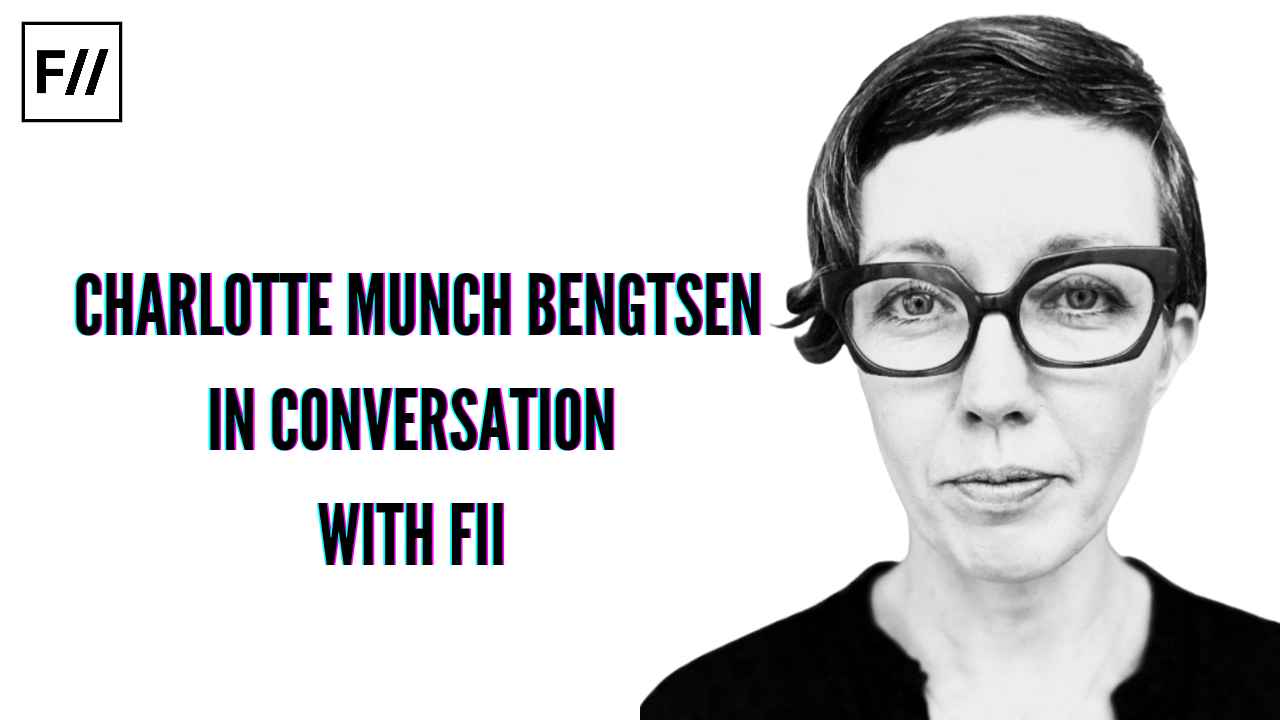This year’s Oscar nominations have seen many brilliant editors who are women – from Sarah Broshar for The Fabelmans to Monika Willi for Tár. Sharing this table of fantastic women is the editor of India’s shining entry in this year’s Oscars for Best Documentary Feature – Charlotte Munch Bengtsen. All that Breathes, directed by Shaunak Sen, set in the backdrop of social unrest, tells the story of two brothers and their quest to save the raptors of Delhi’s skies. Charlotte’s remarkable filmography includes Joshua Oppenheimer’s The Act of Killing to The Truffle Hunters by Michael Dweck and Gregory Kershaw. Her deft editing stitches the world of the two brothers and its many contexts with invisible seams. Sen mentions, “The logic of the edit was not narrative but emotional.”
FII reached out to Charlotte to speak to her about her journey from being a dancer to an editor and subsequent experience in the world of documentary films. The following conversation is a condensed transcript of the same.
Q: You studied film editing at NFTS, UK after switching from your career as a dancer. How and why did you decide to make the switch?
Charlotte: It was a heartbreak. I think in the beginning I thought I could do both. Until I applied for the film school and they said if you want to do this you have to make a decision – you can’t do both. It was literally through dance I got introduced to the art of editing. My dance company needed a trailer made from a dance performance. Walking into the editing room and seeing the work in progress from the editor, I instantly fell in love with the art, and I knew I had to learn it.
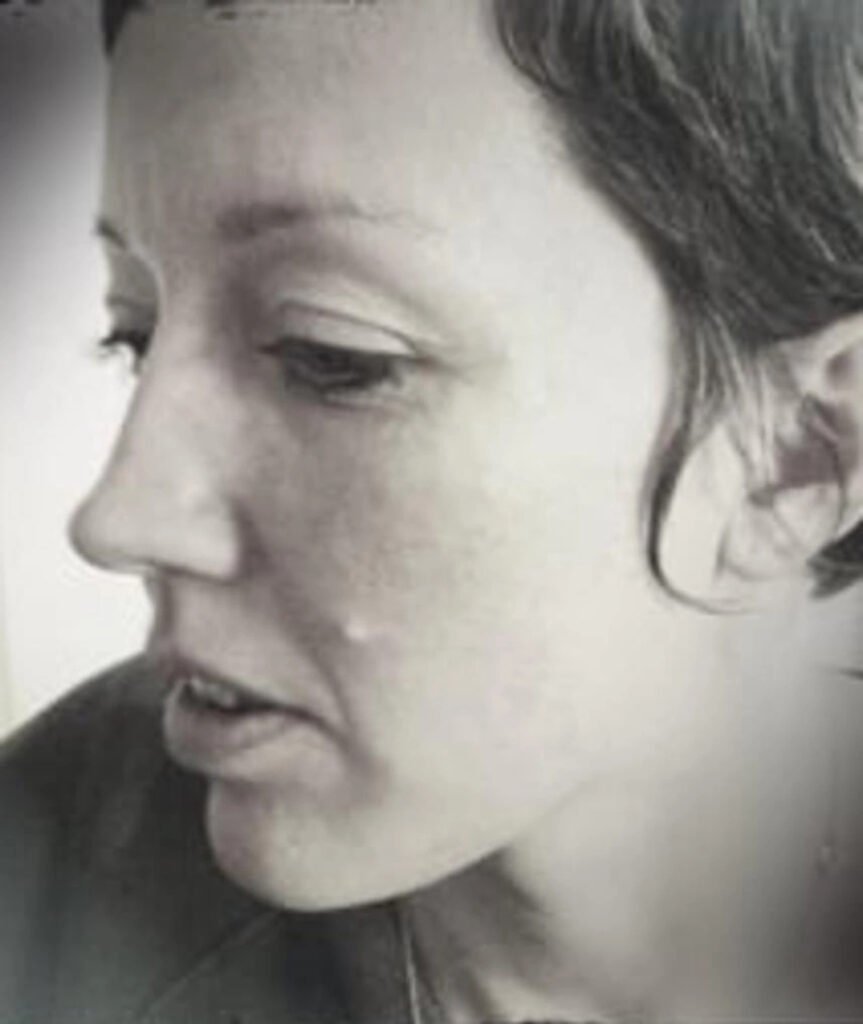
At that time, I had been doing still photography on the side. I was always looking to create movements – through editing I felt I could unify all my skills from being a dancer and working with still photography. I didn’t have time to waste being already 33 when I made that decision, so I left my dance career at a high point, but somehow, I still feel I’m dancing when I edit. Being a student again was the most intense and exciting two years of my life, but also a time (when) I felt dead scared.
Q: What was your experience navigating through the early years of your career?
Charlotte: Before graduating from NFTS in 2009 I had already gotten the opportunity to edit the documentary Complaints Choir with a friend of mine, director Ada B Soby, so I moved back to Denmark. But soon after graduation, I received a phone call asking whether I was interested to come for an interview with Joshua Oppenheimer in London. I said yes, and jumped on a plane back to London.
“I came from a dance where you were barely paid, so for me, the transition to editing felt like I was striking gold. I was more upset about the difference in power and pay in terms of different art forms, I felt I was the same artist, performing dance or editing film, but not valued equally in pay in the two fields.”
Charlotte Munch Bengtsen
Meeting Josh and having been one of the editors on The Act of Killing has been a blessing to my early years in the editing path, but also in terms of building a relationship with Josh as both a mentor to me and a dear friend. To this day I’ve been lucky to be able to consult with him on many of my projects.
Also Read: Women Cutting Cinema: FII In Conversation With Five Indian Editors
Q: Most of your famous edited films are documentaries – did you intentionally choose this as a specific area of work? What about editing documentaries attracts you?
Charlotte: It was not a conscious choice to be focusing on documentaries from the beginning, it kind of turned out that way. I do remember most of my classmates were going for fiction because it seemed like doing a feature drama would provide more recognition as an editor. Things did change with The Act Of Killing I believe also in that respect of genre popularity, reaching larger audiences.
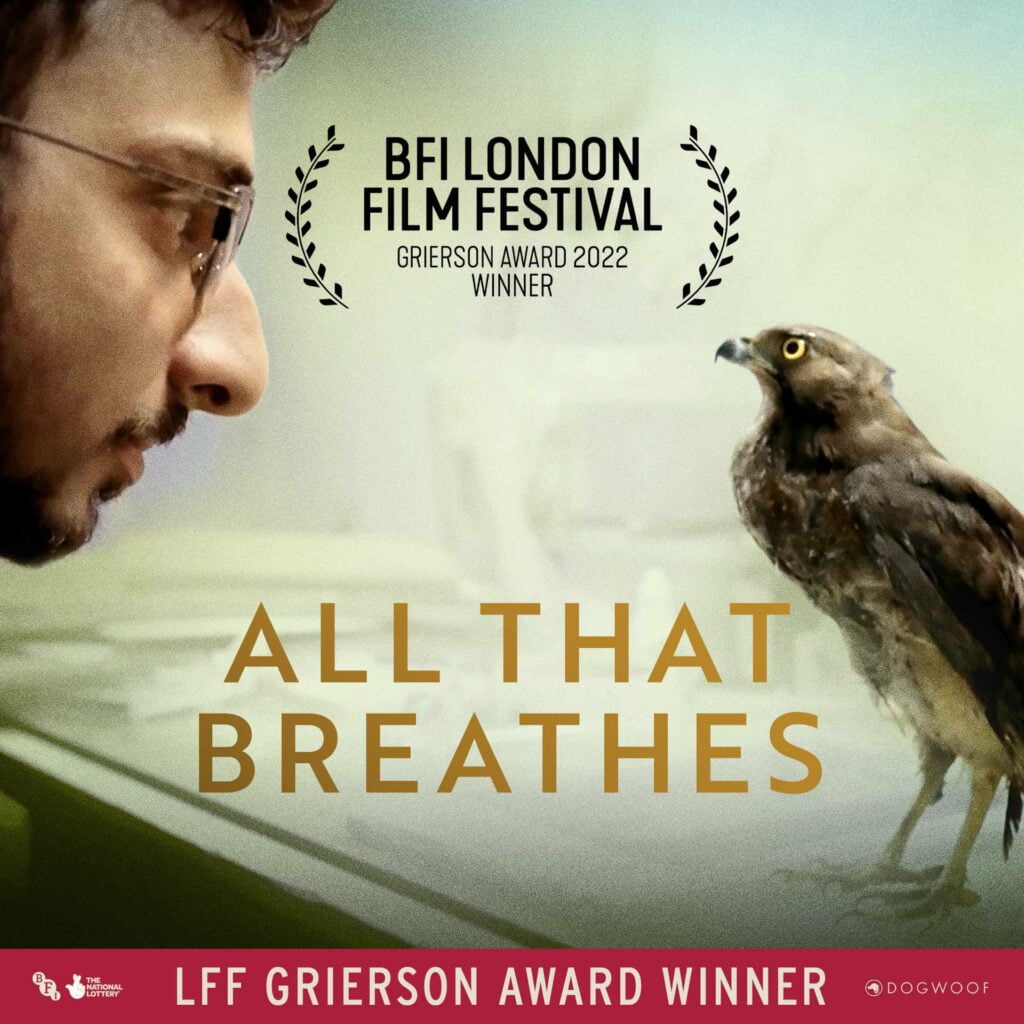
I’m attracted to working on documentaries because I like the creative process of finding the story in the editing room. You work with structure, characters arcs, plots, music etc.… I like to take ownership of the film but in a way where I allow myself to be the interpreter of the directors’ vision and the material I’m handed over with. I allow myself to work intuitively, I never try to force an idea on top of a film, but always try to listen to the authentic voice of the material. This, I believe is a skill I have been able to draw on from being a dancer, working on an emotional level.
Q: As an editor have you felt that there is a gendered disparity in power and pay, especially in the department of editing?
Charlotte: I believe I’ve been geographically spoiled being based most of my editing career in Denmark. We are a small film community, though very strong internationally. There has been a long list of strong women film editors, like Lars von Trier’s editor Molly Malene Stensgaard. I came from a dance where you were barely paid, so for me, the transition to editing felt like I was striking gold. I was more upset about the difference in power and pay in terms of different art forms — I felt I was the same artist, performing dance or editing film, but not valued equally in pay in the two fields.
Q: The filmmaking process has been overwhelmingly male-populated. In your years as a film editor, what kind of shift have you observed, if any?
Charlotte: Working in documentaries, you find more women than in fiction, both as directors, producers and editors. I have had many women colleagues and can’t talk about what shift there has been overall in film.
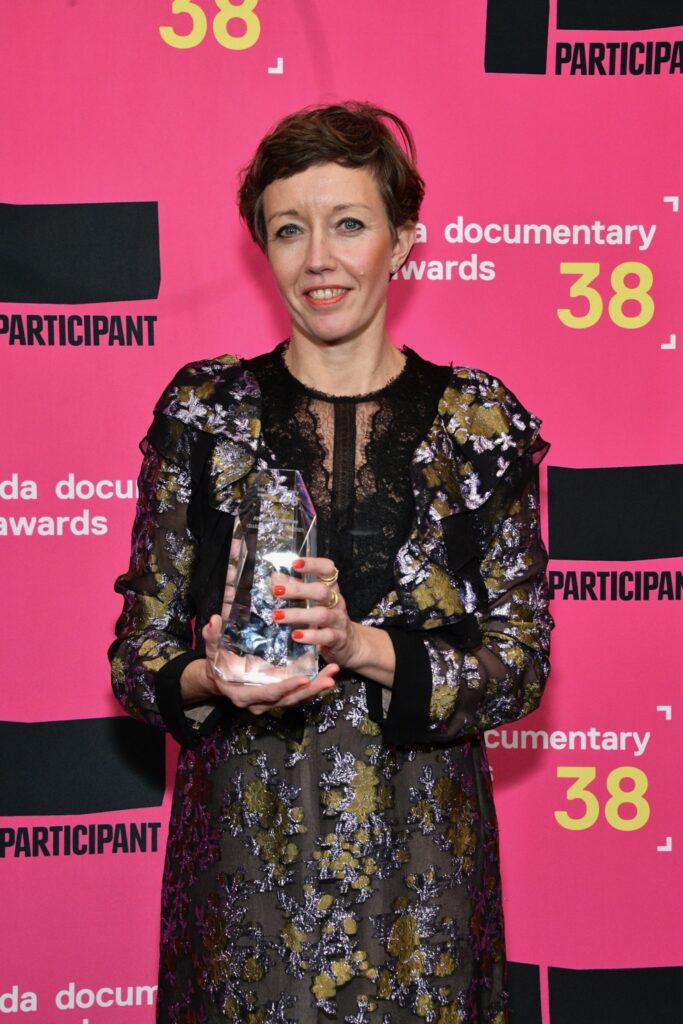
Q: This is your first Indian project. How did you get involved with All that Breathes? How was your experience?
Charlotte: Yes, it’s my first Indian project. I got contacted by Rise Films in London when they were researching possible editors for All That Breathes. Shaunak watched From The Wild Sea by Robin Petre, which I had recently finished and felt drawn to the way we were approaching the human-animal relationship in the language of the film. We had a zoom call and that was the beginning of our work relationship.
“I think it’s difficult to generalise because both men and women can act very differently or the same, but… perhaps it is that women directors have more patience being in the editing room day after day without having the need to go do something else. During the edit period, the editing room becomes this intimate space where you share your personal stories and tune in emotionally with each other, there is naturally another kind of bonding.”
Charlotte Munch Bengtsen
It is a bit more crowded in the editing room than what I was used to, but it was absolutely a very enjoyable process that soon felt like an extended family.
Also Read: 5 Women Editors In Indian Cinema We Should Know About
Q: You have worked on documentaries across the world, how do you adjust to the shifting geopolitical contexts? What is your process of empathising with the text?
Charlotte: I have been doing many documentaries that are socio-politically and geographically away from me. I am not scared about that. I also think that getting involved and not knowing much can be an advantage. This was also interesting for Shaunak (All that Breathes) that I was not from India. Because I don’t allow myself to get sentimental, not knowing the backstory. I purely look at what I see on screen, on the timeline, that they present to me – and I dive in. After Shaunak and Vedant (second editor) came down to Denmark, we slowly started getting to know more… you start to exchange stories. Political, cinema history – you slowly get your picture together.
Q: You have worked with Robin Petre in ‘From the Wild Sea’. Have you worked with other women directors? How different has your experience been, working with them?
Charlotte: I have worked with many women directors, like Ada B Soby – we’ve worked on three feature documentaries together; I have worked twice with Irish dir Oonagh Kearney and just last week I picture-locked a new feature documentary by Danish director Mette Carla Albrechtsen. Later this year, I will work with Elizabeth Lo from the USA.
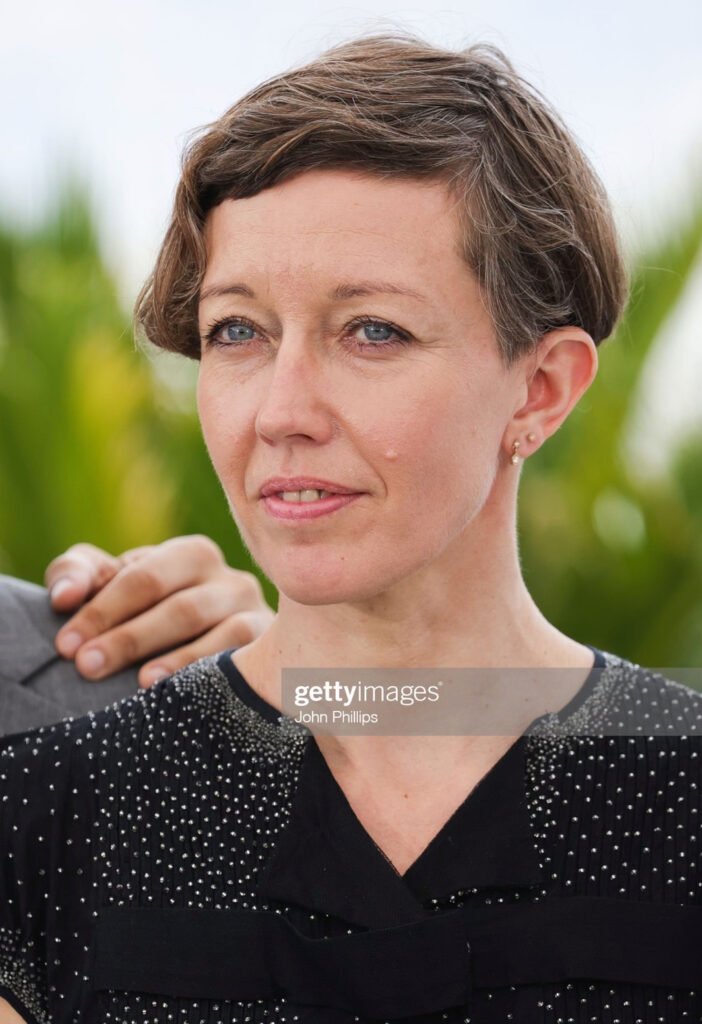
I think it’s difficult to generalise because both men and women can act very differently or the same, but… perhaps it is that women directors have more patience being in the editing room day after day without having the need to go do something else. During the edit period, the editing room becomes this intimate space where you share your personal stories and tune in emotionally with each other, there is naturally another kind of bonding. Though, I do also experience this working with male directors, where the editing room becomes this safe space for thoughts that are occupying your heart and mind.
Q: Do you think there is a reason we have seen so many women has populated and excelled in the department of editing in cinema?
Charlotte: More in the old days, when you had to cut celluloid, you had to be very organised and neat – otherwise, you would lose your strips. I think maybe that is something that speaks more to women.
Perhaps it is also our nature… we like to nurture, and we have patience and empathy with characters. I don’t think we have the same need to be in the limelight, but we actually take pride in pulling the strings from behind the scenes.
Q: Editing as a profession is often invisible, especially if done well, to the audience and sometimes even the critics. Does it come across as a crisis in the profession?
Charlotte: I don’t see it as a crisis, it’s the nature of performing the art of editing, whether you are a man or a woman and I also believe that it’s a craft that attracts performers who have no desire to be at the forefront and who enjoys being the invisible artist behind the craft. Somehow you need to be an extrovert to direct films, not all of us are. I often get asked if I want to direct my own film. Absolutely not! I did not become a film editor because I have a secret desire to become a director, I’m in it purely because of my love for the art of editing and the process of sculpting a film from the editing room.
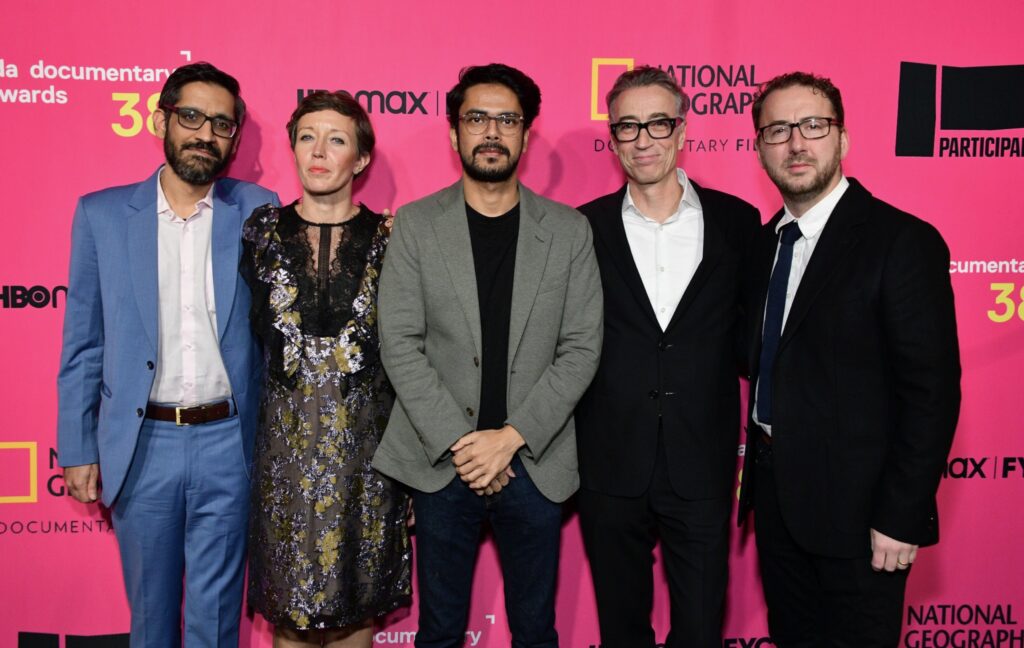
If we could make a bigger understanding of the role of the editor – I think that is important. Like I didn’t know what the role of an editor was before I walked into the room first time myself. I think it will happen slowly – as documentaries have grown big in the last ten years, maybe people will also start to understand how they are conceived.
Q: What kind of voice, according to you, does an editor lend to a work?
Charlotte: I can only talk from the perspective of making documentaries. The voice you lend is the tool to be able to interpret and translate the director’s vision into the film. Working out of the Danish documentary scene or with international directors — I haven’t experienced being patronised or ignored. Editing films is not about being technical, you are a storyteller. Discussing narrative and structure, tone and rhythms will almost always have its own challenging moments between you and the director… it’s part of the process of finding the film.
Also Read: Through The Lens Of Preetha Jayaraman: One Of India’s Leading Women Cinematographers
Q: As a documentary editor, you work with real-time footage, that includes a lot of violent and distressful content. How does immersing yourself in such images affect you? Do you have a “detox” process?
Charlotte: I’m not sure if I have a detox process that I use – perhaps subconsciously I have my methods. But I guess it’s a bit like I can’t imagine how you as a surgeon can be unaffected by having to cut a person open, see all the blood etc. Yes, on first viewing of violent or disturbing content, you say ‘damn, I can’t do this’ and maybe you need to take a moment for yourself or call the day off a little too early, as was the case a few times when I was working with footage from war zones in the documentary War Photographer. But then you also get used to it and you use your skills as the surgeon uses his to succeed in the operation theatre.
Q: Are there any women peer editors you look up to?
Charlotte: Yes, many both on the international scene as well as the Danish scene – Molly Malene Stensgaard, Nanna Frank, Åsa Mossberg, Anne Osterud… I think the Danish scene of women editors is quite strong.
The interview has been paraphrased and condensed for clarity, at the interviewer’s discretion. FII thanks Charlotte Munch for her time, patience, and illuminating insights into her work.
About the author(s)
She/they is an editor and illustrator from the suburbs of Bengal. A student of literature and cinema, Sohini primarily looks at the world through the political lens of gender. They uprooted herself from their hometown to work for a livelihood, but has always returned to her roots for their most honest and intimate expressions. She finds it difficult to locate themself in the heteronormative matrix and self-admittedly continues to hang in limbo
